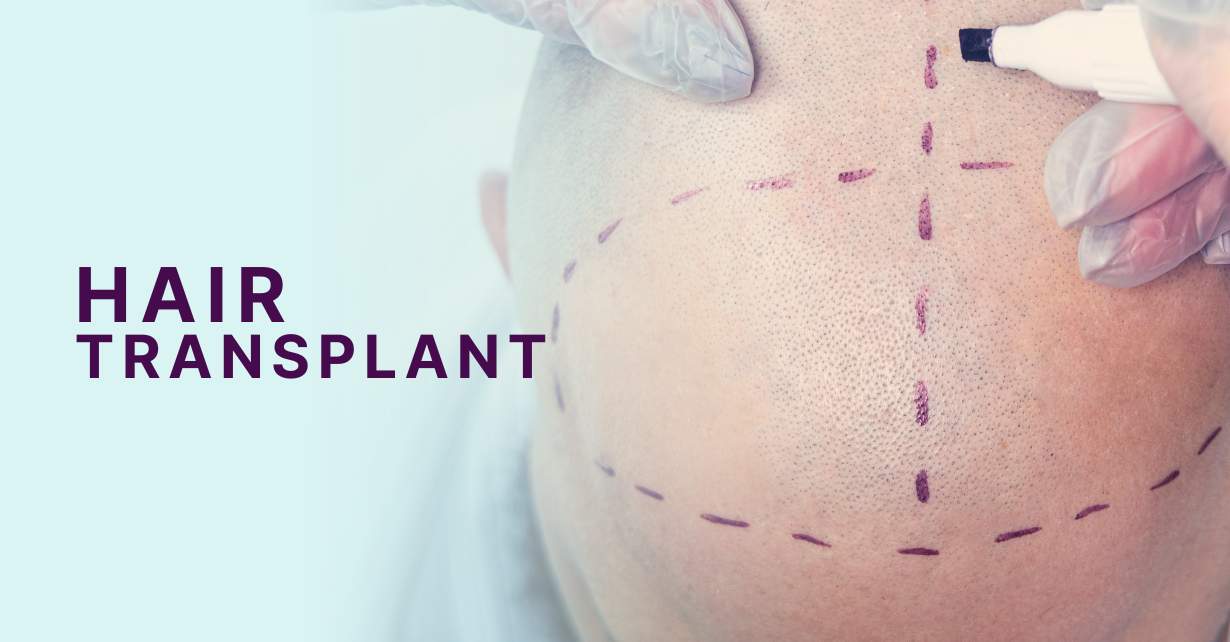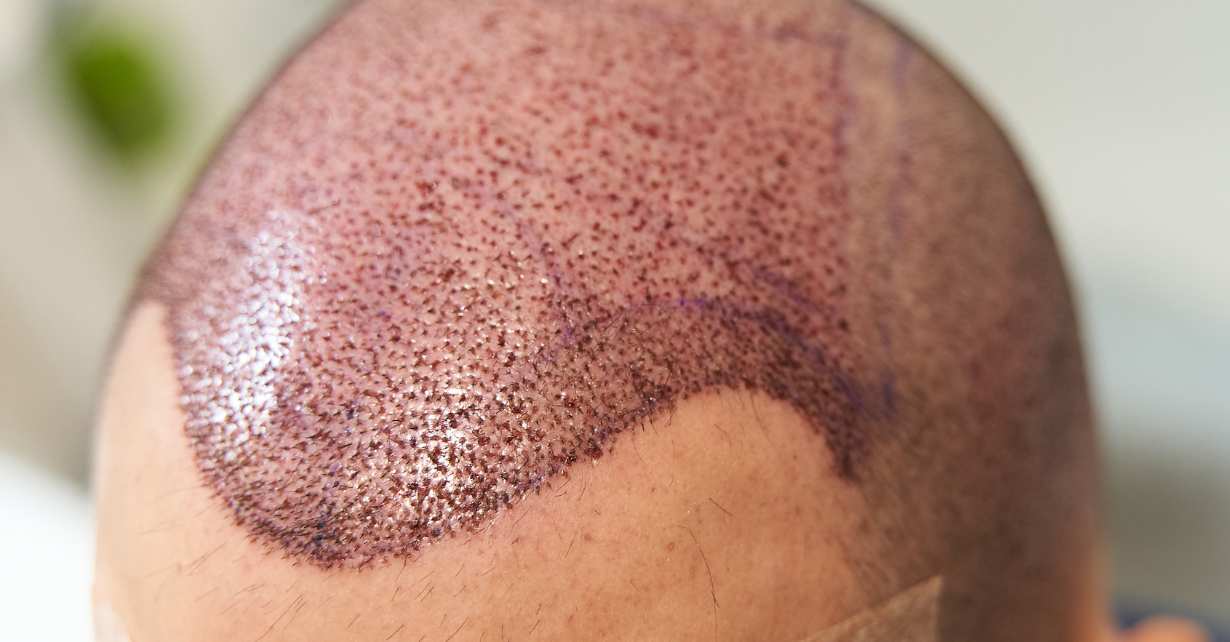hair transplant in turkey
Will hair transplant work
how does hair transplant work
does hair transplant work
does hair transplant work

Does hair transplant work?
- Candidate suitability: Not everyone is a suitable candidate for a hair transplant. The success of the procedure depends on factors like the individual’s type of hair loss, the availability of donor hair (usually from the back or sides of the head), and overall health.
Types of hair loss: Hair transplants are most effective for individuals with androgenetic alopecia (male or female pattern baldness) because it is a stable and predictable form of hair loss. They may be less effective for other types of hair loss, such as alopecia areata or scarring alopecia.
Techniques: There are two primary methods for hair transplantation: Follicular Unit Extraction (FUE) and Direct Hair Implantation (DHI). DHI is becoming more popular because it involves extracting individual hair follicles and implanting them directly into the scalp without channel-making, which leaves minimal scarring. The success of the chosen technique can vary.
Experienced Medical Team: The skill and experience of the surgeon performing the hair transplant are crucial to its success. A skilled surgeon can create a natural-looking hairline and ensure that the transplanted hair follicles survive and grow.
Realistic expectations: It’s essential for individuals considering a hair transplant to have realistic expectations. While hair transplants can provide a significant improvement in hair density, they may not restore a full head of hair or prevent further natural hair loss.
Post-operative care: Following the procedure, it’s essential to follow the surgeon’s instructions for post-operative care, including taking any prescribed medications and avoiding strenuous activities that could damage the newly transplanted hair.
Timeframe: Hair transplants do not produce instant results. It can take several months for the transplanted hair to grow and mature.
- Cost: Hair transplants can be expensive, and the cost can vary depending on the extent of hair loss and the chosen technique
How hair transplant is done?
1. Transplantation Process:

- In the FUE technique after the donor hair is harvested, the surgeon creates tiny incisions in the recipient area (the area where hair is thinning or bald).
- The extracted follicles are then implanted into these incisions at the correct angle and direction to create a natural-looking hairline
2. Recovery and Aftercare:
- After the procedure, there may be some swelling and discomfort, but these typically subside within a few days.
- The transplanted hair usually falls out within a few weeks, but this is normal. New hair growth typically starts within a few months and continues to improve over the next year.
3. Success Rate:
- Success rates can vary, but in general, modern hair transplant techniques have a high success rate, with the transplanted hair follicles often permanently establishing themselves in the new location.
4. Maintenance:
- While the transplanted hair is generally permanent, it’s important to remember that existing, non-transplanted hair may continue to thin or be subject to further hair loss. To maintain the best results, some individuals may need additional procedures or use medical therapies like minoxidil or finasteride.
5. Cost:
- The cost of a hair transplant can vary significantly based on factors like the extent of hair loss, the method used, and the location of the clinic. It’s essential to consult with a surgeon for a personalized cost estimate.
6. Side Effects and Risks:
- As with any surgical procedure, there are potential risks, including infection, scarring, and the possibility of an unnatural appearance if the procedure is not performed correctly. Choosing a skilled and experienced surgeon is crucial to minimize these risks.
7. Realistic Expectations:
- While hair transplants can provide significant cosmetic improvements, they may not fully restore a head of hair to its original density. The final result can also depend on the quality of the donor hair and other individual factors.
8. Consultation:
- If you are considering a hair transplant, it’s advisable to schedule a consultation with a board-certified and experienced hair transplant surgeon. They can assess your specific situation, discuss your goals, and provide a personalized treatment plan.
9. Legal Regulations:
- Hair transplant procedures are often regulated by medical boards and may have specific licensing requirements for practitioners. Make sure to choose a qualified and licensed professional to perform the procedure.
Hair transplants can work well for the right candidates and under the right conditions.
However, when someone asks if does hair transplant works? we can say it’s essential to consult with a qualified and experienced surgeon who can assess your suitability for the procedure and discuss your expected outcomes.
Keep in mind that results can vary, and it’s crucial to have realistic expectations.
Send Us A Message
More Information
hair transplant cost
Hair Transplant Cost Cost of Living and Economic Factors: The cost of living and economic conditions in a country can have a substantial impact on
